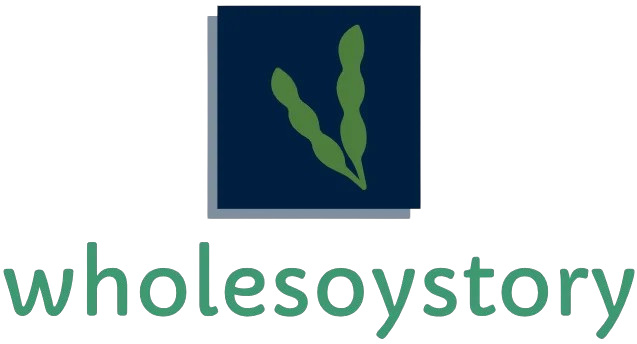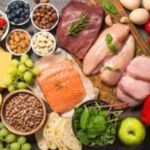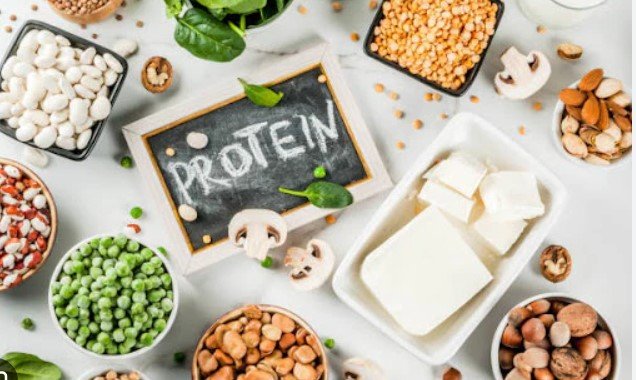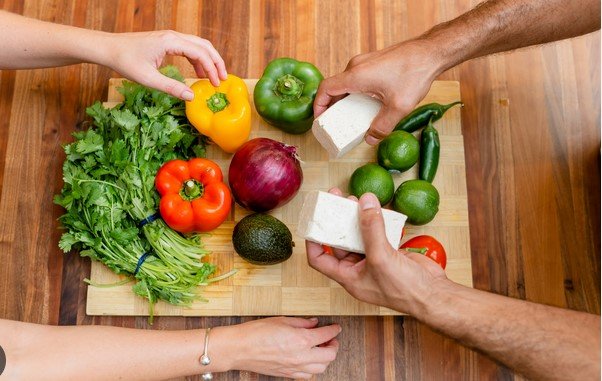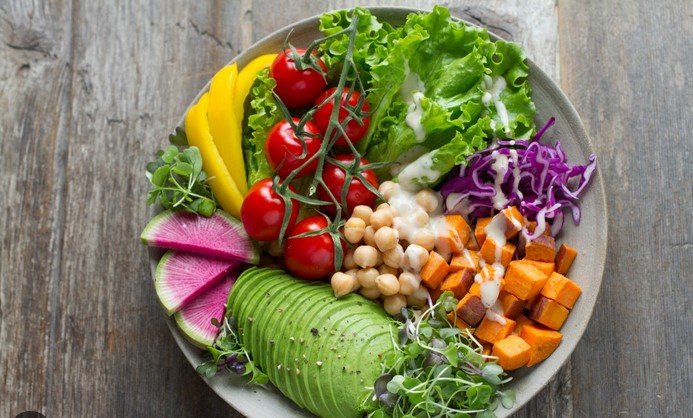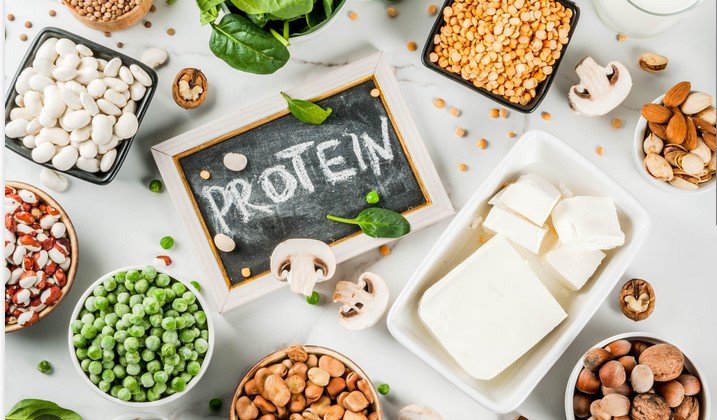Getting enough protein is crucial for maintaining a healthy and balanced diet, especially for vegetarians and vegans. While meat and dairy are well-known protein sources, many plant-based options provide all the essential amino acids your body needs. In this post, we will explore a variety of protein-rich foods for vegetarians and vegans to help you diversify your meals and meet your protein requirements.

1. Legumes: Beans, Lentils, and Peas
Legumes, such as beans, lentils, and peas, are some of the best sources of plant-based protein. Black beans, chickpeas, kidney beans, and lentils are versatile ingredients that you can easily incorporate into soups, stews, salads, or wraps. For example, you can use chickpeas to make hummus or add lentils to curries or vegan burgers. These foods also provide fiber, iron, and other nutrients, making them an excellent protein source for any meal.
2. Tofu and Tempeh
Tofu and tempeh, both made from soybeans, are packed with protein and are versatile additions to a vegan or vegetarian diet. Tofu, with its soft texture, absorbs flavors easily and works well in a variety of savory and sweet dishes, from stir-fries to smoothies. Tempeh, a firmer and nuttier option, is perfect for grilling, stir-frying, or crumbling into tacos or pasta sauces. Both tofu and tempeh are not only rich in protein but also offer iron and calcium.
3. Quinoa
Quinoa is a complete protein, meaning it contains all nine essential amino acids that your body cannot produce. It is a great alternative to rice or couscous and is incredibly versatile. You can use quinoa as a base for salads, add it to soups, or serve it as a side dish. Besides being rich in protein, quinoa also provides fiber, magnesium, and antioxidants, making it a nutritious option for any vegetarian or vegan meal.
4. Edamame
Edamame, young soybeans, are packed with protein, fiber, and essential vitamins such as folate and vitamin K. You can enjoy edamame as a snack, serve it steamed as a side dish, or add it to salads, stir-fries, or grain bowls. Edamame is a convenient and protein-rich option for vegans and vegetarians, and you can find it fresh or frozen for easy meal prep.
5. Nuts and Nut Butters
Nuts, such as almonds, cashews, walnuts, and pistachios, offer a great source of protein, healthy fats, and fiber. You can enjoy them as snacks, toss them into salads, or blend them into smoothies. Nut butters, like peanut, almond, and cashew butter, are also rich in protein and healthy fats. Choose natural nut butters without added sugars or oils for the healthiest option. A tablespoon of nut butter can provide a quick and satisfying protein boost for any meal.
6. Seitan
Seitan, also known as “wheat meat,” is a high-protein meat alternative made from wheat gluten. It has a chewy texture similar to meat, making it an excellent substitute for stir-fries, sandwiches, and even vegan “steaks.” Seitan is low in fat and can be a great addition to a vegetarian or vegan diet. However, those with gluten sensitivity should avoid it since it is made entirely from wheat gluten.
7. Chia Seeds
Chia seeds are small yet packed with protein, fiber, omega-3 fatty acids, and antioxidants. You can sprinkle them on yogurt, add them to smoothies, or use them to make chia pudding. Chia seeds also absorb liquid, expanding to create a gel-like consistency, which makes them a great ingredient in various plant-based recipes.
8. Hemp Seeds
Hemp seeds are another protein-rich option that’s perfect for vegetarians and vegans. They contain all nine essential amino acids, making them a complete protein source. In addition, they’re rich in omega-3 and omega-6 fatty acids. You can sprinkle hemp seeds on salads, blend them into smoothies, or mix them into oatmeal or baked goods. Their mild flavor makes them easy to add to a wide range of dishes.
9. Plant-Based Protein Powders
Plant-based protein powders are a convenient supplement for those who find it difficult to meet their protein needs through whole foods alone. Protein powders made from peas, hemp, rice, or soy are excellent sources of plant-based protein. You can add them to smoothies or incorporate them into oatmeal, pancakes, or baked goods. While whole foods should be the foundation of your diet, protein powders offer a quick and easy way to boost protein intake.
10. Spinach and Other Leafy Greens
While leafy greens like spinach, kale, and Swiss chard don’t provide as much protein as legumes or tofu, they still contribute to your overall protein intake. These greens are also packed with vitamins, minerals, and antioxidants. For instance, spinach contains about 5 grams of protein per cooked cup. Adding leafy greens to smoothies, salads, soups, or stir-fries is an easy way to increase your nutrient intake.
Conclusion
Protein is a crucial nutrient for everyone, including vegetarians and vegans. With various plant-based protein-rich foods like legumes, tofu, quinoa, nuts, seeds, and more, you can easily meet your protein requirements while enjoying a diverse and satisfying diet. By incorporating these foods into your meals, you can maintain a healthy and balanced diet without relying on animal-based products.
